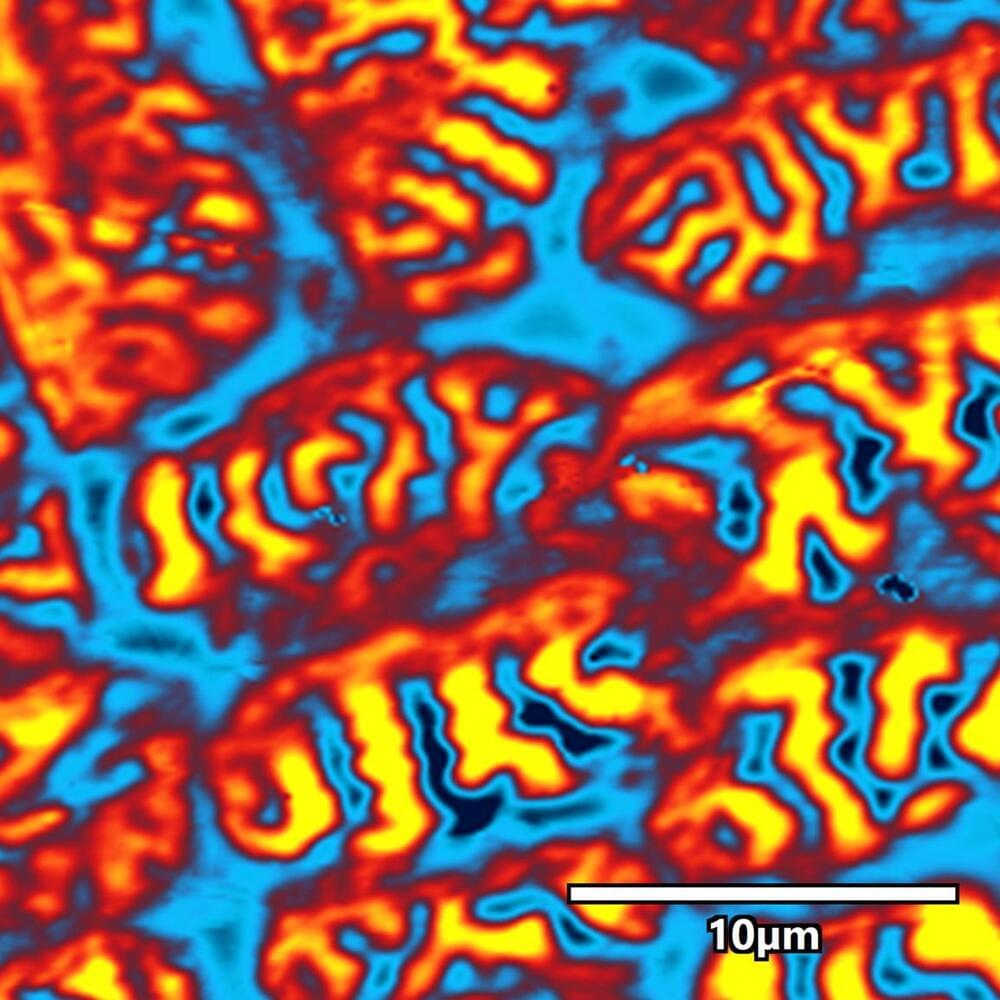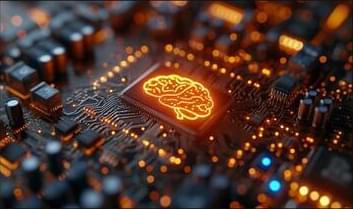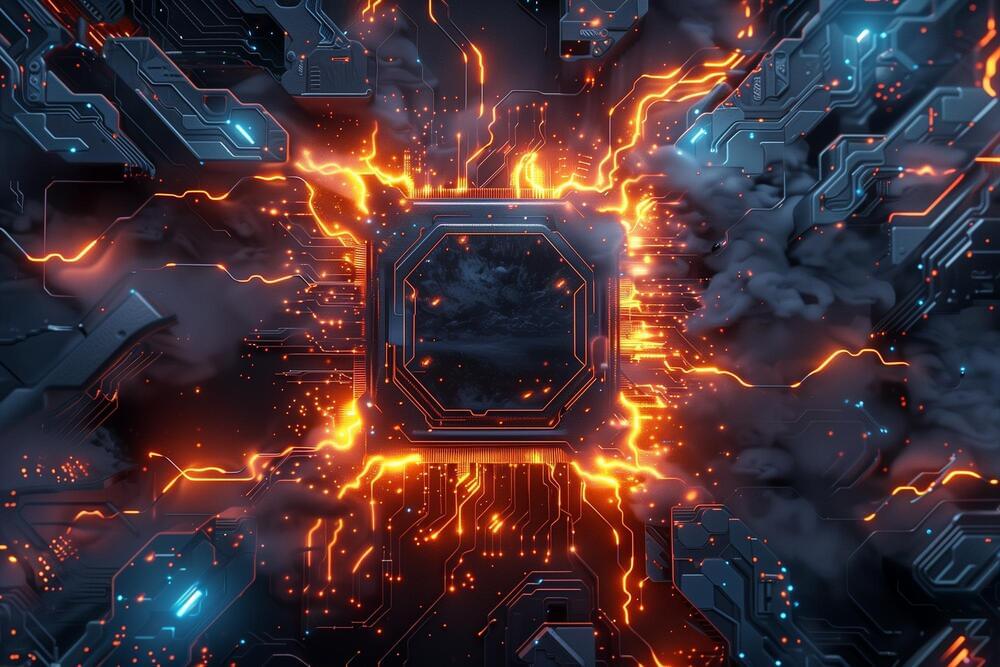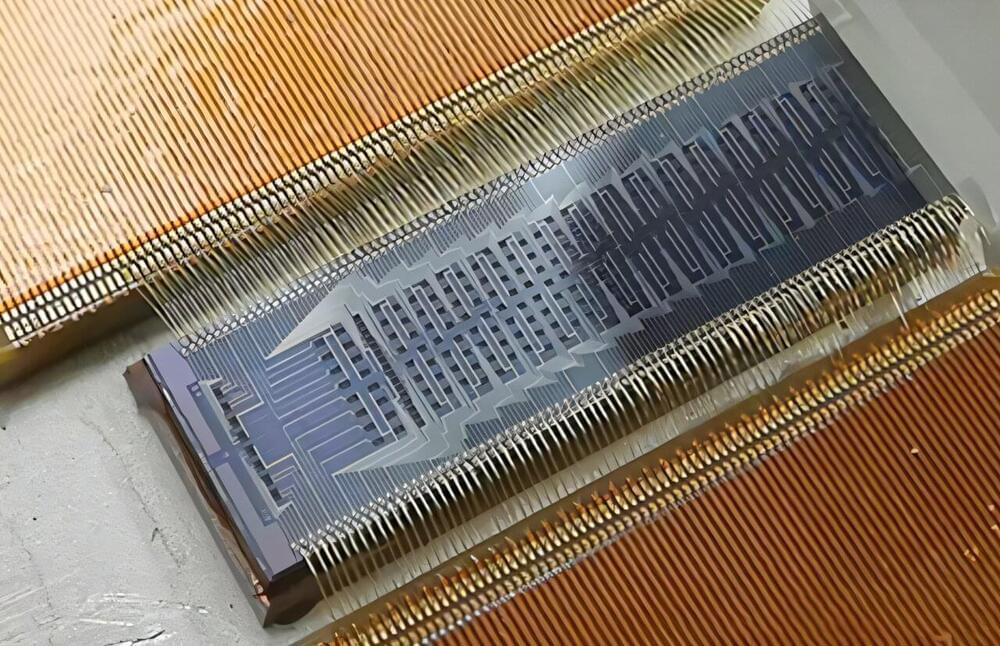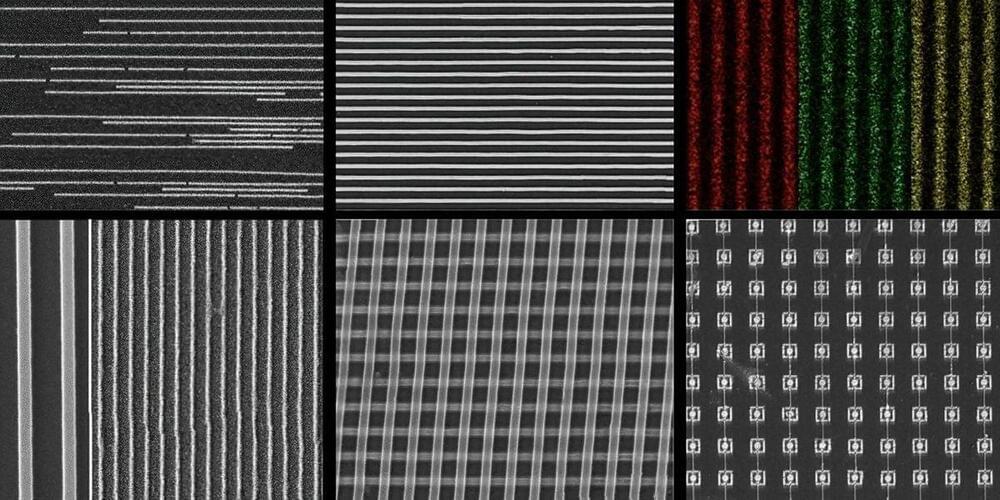While classical physics presents a deterministic universe where cause must precede effect, quantum mechanics and relativity theory paint a more nuanced picture. There are already well-known examples from relativity theory like wormholes, which are valid solutions of Einstein’s Field Equations, and similarly in quantum mechanics the non-classical state of quantum entanglement—the “spooky action at a distance” that troubled Einstein—which demonstrates that quantum systems can maintain instantaneous correlations across space and, potentially, time.
Perhaps most intriguingly, the protocol suggests that quantum entanglement can be used to effectively send information about optimal measurement settings “back in time”—information that would normally only be available after an experiment is complete. This capability, while probabilistic in nature, could revolutionize quantum computing and measurement techniques. Recent advances in multipartite hybrid entanglement even suggest these effects might be achievable in real-world conditions, despite environmental noise and interference. The realization of such a retrocausal quantum computational network would, effectively, be the construction of a time machine, defined in general as a system in which some phenomenon characteristic only of chronology violation can reliably be observed.
This article explores the theoretical foundations, experimental proposals, significant improvements, and potential applications of the retrocausal teleportation protocol. From its origins in quantum mechanics and relativity theory to its implications for our understanding of causality and the nature of time itself, we examine how this cutting-edge research challenges our classical intuitions while opening new possibilities for quantum technology. As we delve into these concepts, we’ll see how the seemingly fantastic notion of time travel finds a subtle but profound expression in the quantum realm, potentially revolutionizing our approach to quantum computation and measurement while deepening our understanding of the universe’s temporal fabric.
